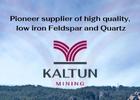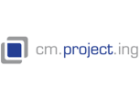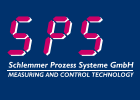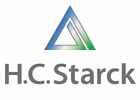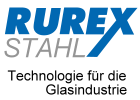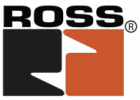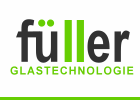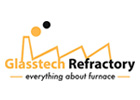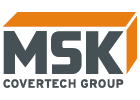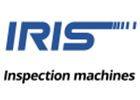INFO
This is the basic company information. The company provides additional detailed information, such as website, fax and telephone numbers, contact persons, history and company data.
To get access to this information or for printout of the company profile, you need to have a valid "Profile Access" to glassglobal.com. Information for booking are available at Price Info .
Contact Info
| Address | VSS-Umwelttechnik GmbH Heuserweg 13-15 53842 Troisdorf |
| Country | Germany |
| Get in contact with VSS-Umwelttechnik GmbH |
Products or Machinery
Gas scrubbers for the glass industry
During the acid polishing of crystal glass, a mixture of sulphuric acid (H2SO4), water (H2O), hydrogen fluoride (HF) and hexafluorosilicic acid (H2SiF6) is used. When the surface layer of the crystal glass comes off, silicon tetrafluoride (SiF4), is formed which, aside from the hydrogen fluoride, evaporates at bath temperatures of 55° C.
In order to meet the maximum working-site concentration limit values and the limit values of the TA air, extraction- and exhaust gas cleaning systems must be employed.
VSS-Umwelttechnik recommends multistage systems in which the number of gas scrubbing stages is adapted to the hexafluorosilicic acid concentration in the waste gas. The first stages run with an excess of acid in order to avoid the formation of gelatinous silicic acid. To ensure that the excess acid is guaranteed at any time and on even the most diverse crystal surfaces, the acid concentration is continuously supervised. As the last stage, a final HF cleaning is advisable using a slightly acid scrubbing solution.
